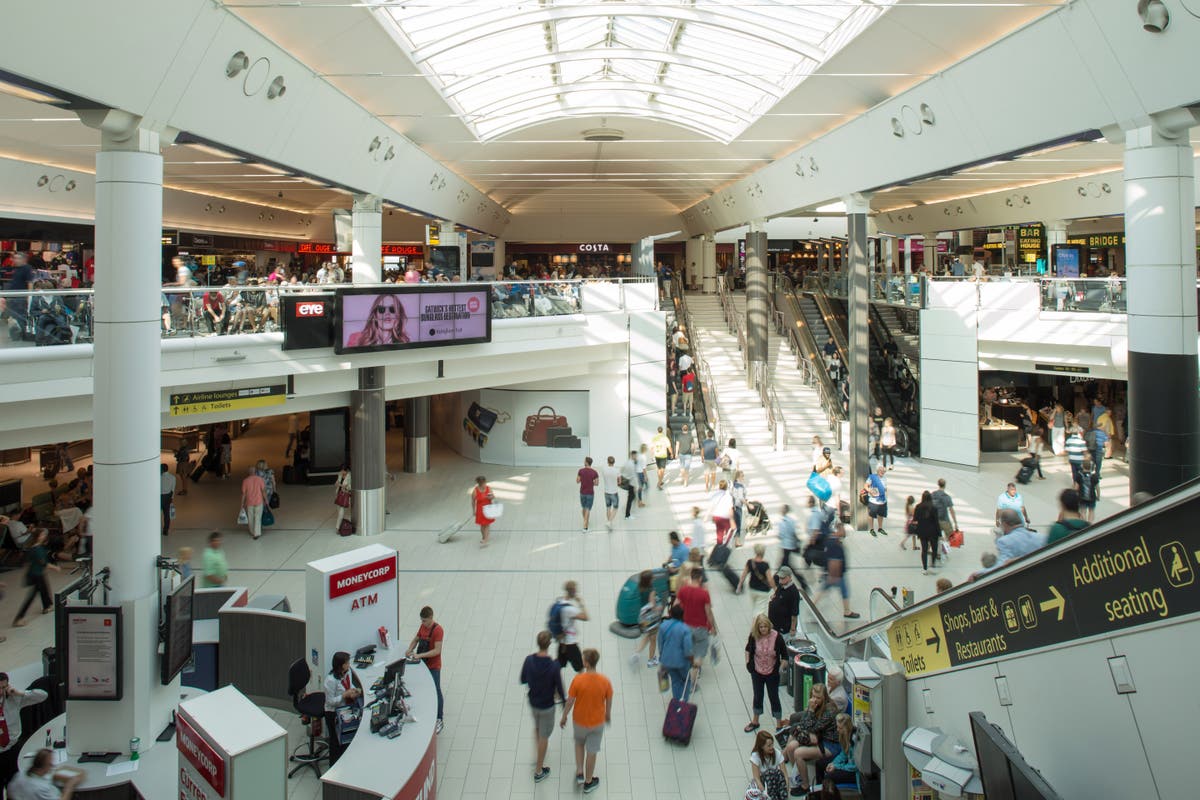Airline boss warns passengers could be held on runways due to Brexit border rules
The EU Commission said EES would be launched on November 10, although a further update is expected

Your support helps us to tell the story
Our mission is to deliver unbiased, fact-based reporting that holds power to account and exposes the truth.
Whether $5 or $50, every contribution counts.
Support us to deliver journalism without an agenda.

Travellers from the UK could be left stuck on planes when arriving at European airports due to enhanced border checks introduced because of Brexit, the boss of easyJet has warned.
After Brexit, when the UK voted to leave the European Union, Boris Johnson’s government negotiated for British travellers to become “third-country nationals” subject to a range of restrictions.
The European Union will launch an “entry-exit system” (EES) that will record the movements of non-EU visitors to the Schengen Area (comprising all EU nations except Cyprus and Ireland, as well as Iceland, Norway and Switzerland).
The EU Commission announced in August that EES would be launched on November 10, although a further update is expected to be made on Thursday.
EasyJet Chief executive Johan Lundgren said airlines being unable to disembark passengers because of congested terminal buildings is a “worst case” consequence of EES.
The scheme was first proposed in 2016 but its introduction has been repeatedly delayed.
Under EES, travellers from non-EU countries such as the UK will need to have their fingerprints scanned and a photograph taken to register them on a database when they enter a member state, with the data stored for three years.
There are fears this will spark queues at EU airports, as well as the Port of Dover, Eurotunnel’s terminal in Folkestone and London’s St Pancras railway station, where French border checks are carried out before people embark on cross-Channel journeys.

In an interview at the annual convention of travel trade organisation Abta in Costa Navarino, Greece, Mr Lundgren said it is possible EES will cause airport terminals to be congested with arriving passengers waiting to be processed, leaving no room for additional travellers.
“In the worst case you actually can’t disembark, you hold people on the plane,” Mr Lundgren warned.
He said: “We have to think about what can actually happen.”
Mr Lundgren predicted “there will be some disruption” from EES as “it is a new procedure”.
He called for the launch to be further delayed unless it is possible for travellers to pre-register before beginning their journeys.
A mobile app enabling this to happen is still being developed by the EU.
Neil Swanson, who was appointed UK and Ireland managing director for tour operator Tui last month, predicted there “could be some hiccups” with EES, and urged the Government to take more action to ensure holidaymakers are prepared.
He said: “We will absolutely be looking after our customers, we will be making sure they’re aware.
“But I think the Government should be doing a bit more as well to make sure that everyone’s aware of what the situation is.”
Abta said its travel trade members are eager to find out more information about EES.
A recent virtual briefing it hosted on the issue attracted more than three times the usual number of industry attendees.
Asked if he believes there is significant knowledge about EES among UK holidaymakers, Abta chief executive Mark Tanzer replied: “No.”
He went on: “It’s frustrating that there will be delays for customers. Nobody wants that.
“Because we haven’t had a clear date for when this is going to commence, we haven’t really been able to start detailed communication yet.”
In August, the Department for Transport announced £10.5 million of funding for UK ports where juxtaposed border checks are conducted to support new facilities and technology to deal with EES.

 FrankLin
FrankLin 
































